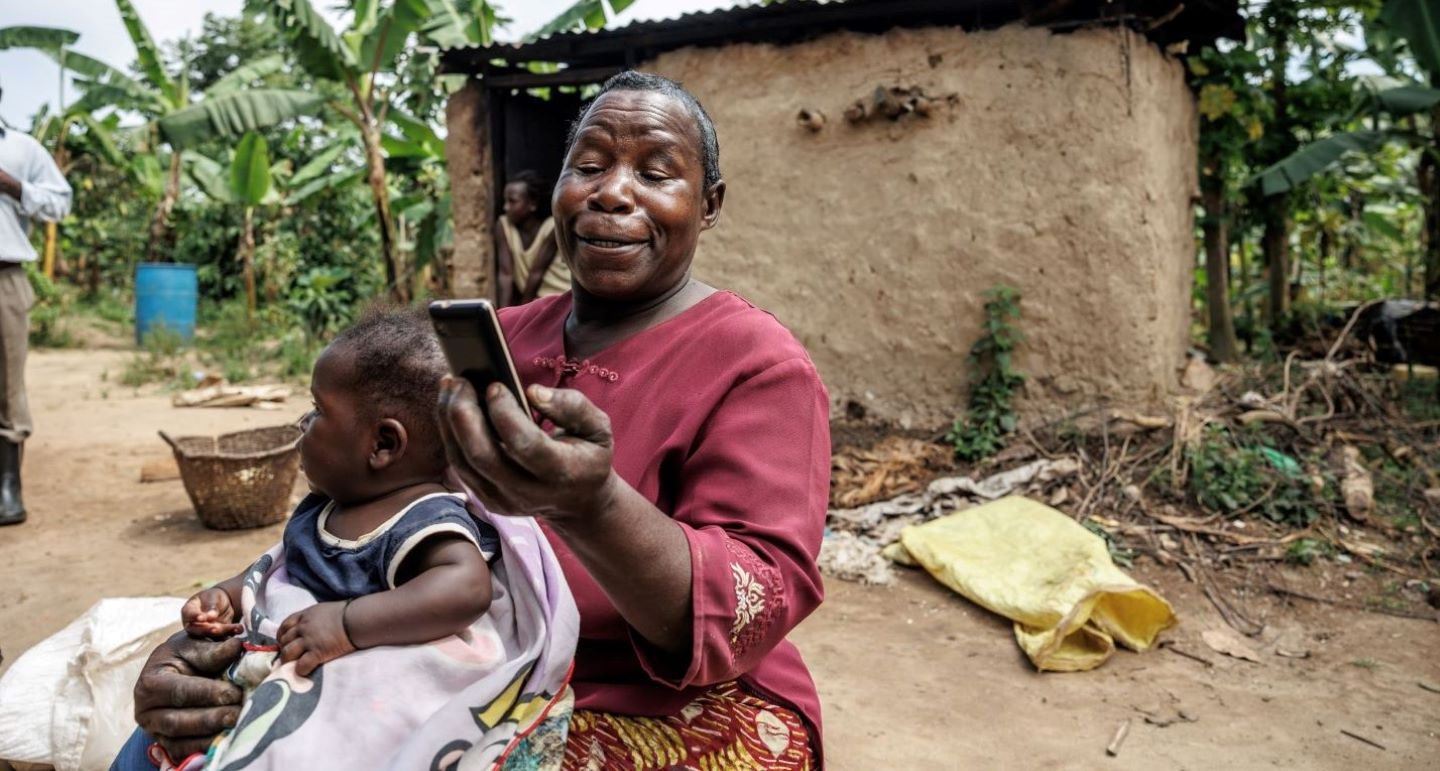Maximising the development potential of remittances in Southern Africa
IFAD Asset Request Portlet
Asset Publisher
Maximising the development potential of remittances in Southern Africa
02 January 2024

Rome, 02 January 2024. To address the lack of an effective and efficient payment infrastructure for low-value remittances in Southern Africa, the UN’s International Fund for Agricultural Development (IFAD) and the European Union (EU) have joined forces through the PRIME Africa initiative.
“Overall, this initiative aims to harness the potential of cross-border flows to promote socio-economic development and growth. Improvements in remittance services will significantly enhance the lives and financial well-being of migrant workers in South Africa and their families in the region,” said Francesco Rispoli, Country Director and Head of IFAD’s Southern Africa Multi-Country Office.
Notably, through the Prime Africa initiative, IFAD and the EU have teamed up with two leading private sector players in South Africa: BankservAfrica, dealing with payment systems, and Mama Money, a fintech company. Through their collaboration, they aim to reduce the cost of international remittances in Southern Africa and thereby reduce the loss on earnings being sent home by migrant workers.
Ruhling Herbst, BankservAfrica Executive Africa Business Development said: “By opening up the market to more players on an interoperable platform, this payment system enables both banks and non-banks (such as money transfer operators, or fintechs) to access regional cross border payment infrastructure.”
The absence of a suitable payment infrastructure for low-value remittances – that in fact represent the largest financial inflow into the Southern Africa region outside of South Africa – significantly inflates remittance transfer costs and thus erodes the potential development impact of such remittance flows in recipient countries.
Raphael Grojnowski, Mama Money’s Co-Founder, said that the transactional account called RemittancePlus, promoted by Prime Africa, “will encourage informal and cash-only senders to transition to digital channels. The transactional account will reduce the digital transfer cost, especially in the South Africa–Mozambique and South Africa–Zimbabwe corridors to 4% (compared to 10%, the current market average). The goal is to reach the 3% target set for 2030 by the international community as part of the Sustainable Development Goal number 10.”
Background
Strengthening payment infrastructure
The IFAD-EU partnership will support the implementation of BankservAfrica’s Transactions Cleared on an Immediate Basis (TCIB), an inter-operable, low-value and instant payment scheme for remittances. TCIB overcomes some of the key barriers that discourage migrants from using formal channels when sending remittances to their families in their home countries. The payment system enhances migrant workers’ access to formal financial systems and ensures a safe and convenient means for migrant workers of sending money back home.
TCIB is available across Southern Africa and will also help address foreign exchange inefficiencies in the region. BankservAfrica’s payment scheme provides a multi-currency settlement platform that ultimately reduces remittance’s settlement time, foreign exchange risk and transfer cost.
Making digital remittances more accessible
Many migrant workers in Southern Africa do not have the usual documentation required by formal remittances service providers through their know-your-customer (KYC) systems, leading to the dominance of informal channels in the money transfer process.
It is estimated that 50,000 Mozambican and Zimbabwean migrant workers in South Africa will benefit from cheaper remittances fees; 40% of which are estimated to be female workers. On the receiving end, remittances are estimated to reach 90,000 people, mostly in high-migration rural areas.
Digital channels and increased market competition can lead to an additional US$5 billion per year being received by families of migrant workers in Africa, half of which potentially would benefit rural communities directly.
Note to editors: The EU is dedicated to supporting South Africa in achieving sustainable and inclusive development, with our actions being firmly rooted in the context of our well-established Strategic Partnership. The partnership encompasses various dimensions, all aimed at advancing sustainable and inclusive development. Global Gateway, the EU’s external investment strategy, facilitates the implementation of common objectives and offers a range of strategic public and private investment programmes and operations, which blend EU grants, loans and de-risking tools in pursuit of job creation and sustainable growth. The current EU Multi-Annual Indicative Programme 2021-2027 provides €129 million until 2024 and is aligned with Global Gateway strategy priorities. It focuses on: (1) sustainable growth; (2) reducing inequalities and (3) strengthening strategic partnerships.
Press release No.: IFAD/01/2024
IFAD is an international financial institution and a United Nations specialized agency. Based in Rome – the United Nations food and agriculture hub – IFAD invests in rural people, empowering them to reduce poverty, increase food security, improve nutrition and strengthen resilience. Since 1978, we have provided more than US$24 billion in grants and low-interest loans to fund projects in developing countries.
A wide range of photographs and broadcast-quality video content of IFAD’s work in rural communities are available for download from our Image Bank.
